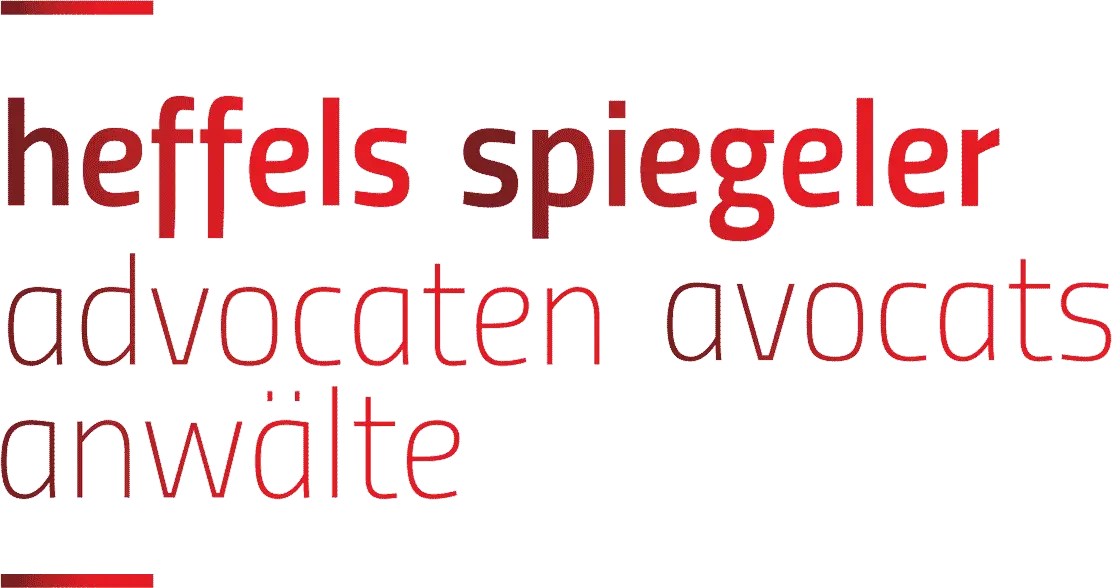With your company, you successfully and carefully create value with your intellectual property for years to come. The purpose of this article is to point out to you, as the owner of intellectual property rights (such as trademarks, copyrights, designs and patents) in the Netherlands, the possibilities of enforcing these rights and of combating infringement.
Short Summary Proceedings
In summary proceedings, it may be claimed in urgent cases that the infringer is prohibited from commercially exploiting the infringing products. A disadvantage is that no damages can be claimed in summary proceedings. You will have to start proceedings on the merits for this. An advantage of this procedure is that, in principle, the legal costs (including the costs of your lawyer) will have to be paid by the other party, if the court assigns your claim. Another advantage is that you can relatively quickly prevent an infringing party from (continuing to) perform the infringing acts.
Although you cannot claim damages in a summary proceeding, it is possible to negotiate the payment of damages with the infringing party after a positive verdict. This may be a desirable solution for both parties in order to avoid proceedings on the merits and all their consequences.
Procedure on the merits
In case you wish not only to claim a prohibition for the other party to exploit the infringing products, but also want additional compensation for damages, it is possible to start a normal court procedure on the merits. This procedure takes longer than an interlocutory or short summary procedure. In proceedings on the merits, you can, in principle, also claim the full costs of the proceedings.
Customs Seizure
The customs seizure offers you a simple and relatively inexpensive solution for taking action against infringers. At the request of (the authorised representative of) a holder of an intellectual property right, the customs authorities can ‘detain’ shipments of (allegedly) infringing products. The (authorised representative of the) holder of the intellectual property right must then confirm to the customs authorities within 10 working days that the goods have been infringed upon and that they agree to destruction. If the declarant or holder of the goods does not object to the destruction within 10 days, the customs authorities will destroy the goods or have them destroyed. Should an alleged infringer object to this, the holder of the intellectual property right may initiate legal proceedings against this party. After the goods have been destroyed, the case is usually settled.
An example from practice
In the dispute between Philips and Passat, Philips applied to the customs authorities, on the basis of its design rights, for the destruction of products of Passat intended for the European market. Passat then failed to notify its opposition to the destruction of the goods within the prescribed period of 10 working days. If this period is exceeded, the allegedly infringing goods will be destroyed without the intervention of the court. If Passat would have objected within the term, Philips would have to initiate civil proceedings. In preliminary relief proceedings that Passat subsequently started to prevent the destruction, the judge in preliminary relief proceedings ruled that the destruction of the goods could only be stopped in very special cases, for example if Philips misused its powers vis-à-vis Passat if it continued the destruction. In this case, this was not the case. The only possibility remaining to Passat after this decision is to start proceedings on the merits, in which it can claim damages if it turned out that there was no infringement after all of the design right of Philips.
Netherlands: transit country
Millions of products are shipped to and from the Netherlands every year. In 2018, 4.5 million containers were shipped to the port of Rotterdam, destined for the EU. In the same year, 1.72 million tonnes of cargo were shipped via Schiphol Airport. In 2018, a total of 1,336,544 goods were seized by customs in the Netherlands.
Heffels Spiegeler Advocaten
Heffels Spiegeler Advocaten is an internationally operating law firm and assists its clients, among other things, in the aforementioned proceedings. The firm also maintains good contacts with the customs authorities and can therefore represent your interests in these matters quickly and efficiently. In addition, the firm specialises in international trade law and you can approach the firm in French, Dutch, English and German.
Brigitte Spiegeler and Ernst van Knobelsdorff
